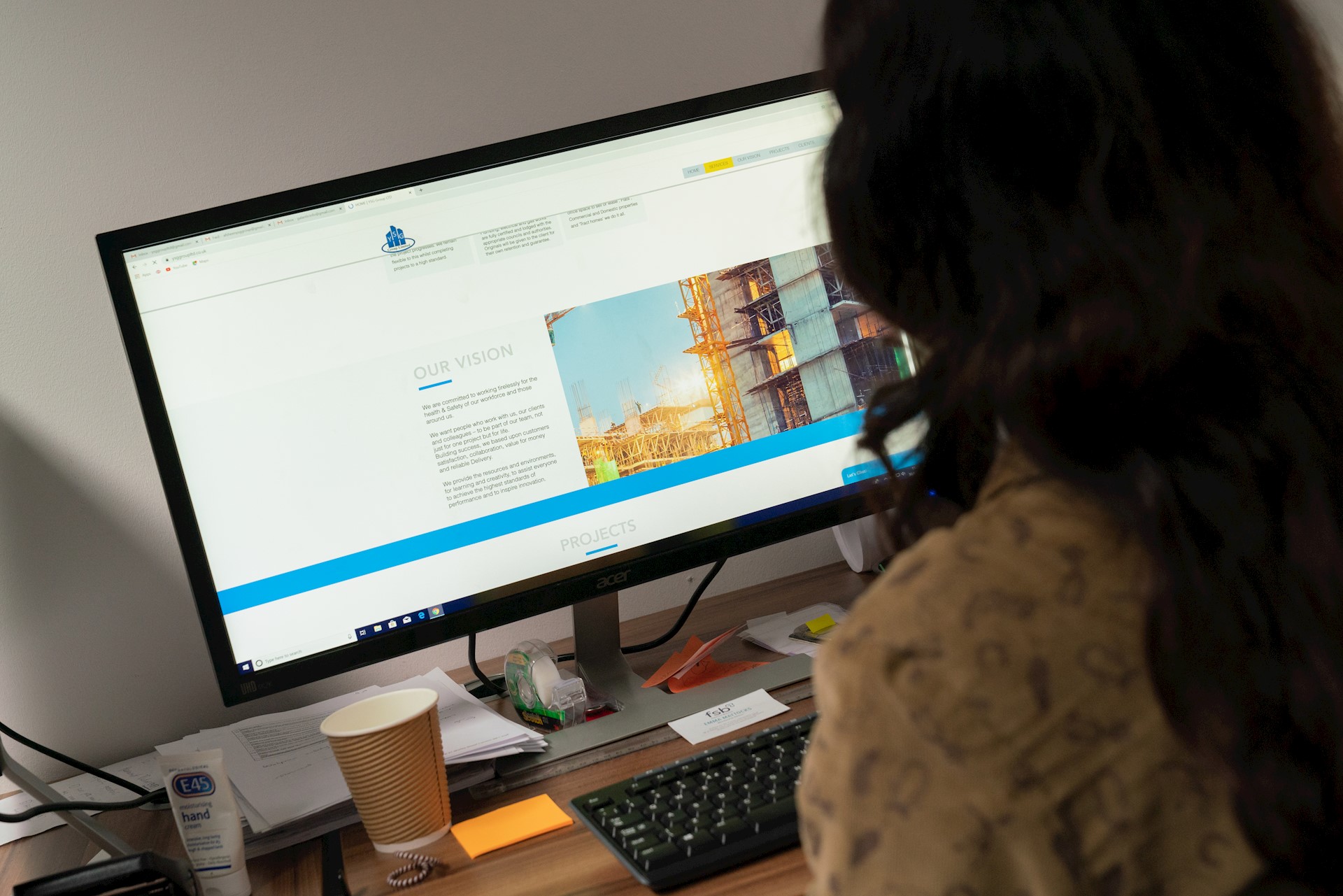Setting up as an ordinary partnership
2 minute readIf two or more people wish to go into business together and don’t want to set up a limited company, a partnership offers a simple way to get started. It is similar in many ways to going the sole trader route for an individual.
Setting up
In a partnership, you and your partner (or partners) personally share responsibility for your business.
This includes:
- Any losses your business makes
- Bills for things you buy for your business, like stock or equipment
Partners share the business’s profits, and each partner pays tax on their share.
A partner doesn’t have to be an actual person. For example, a limited company counts as a ‘legal person’ and can also be a partner.
What you need to do
When you set up a business partnership you need to:
- Choose a name
- Choose a ‘nominated partner’
- Register with HM Revenue and Customs (HMRC)
The ‘nominated partner’ is responsible for managing the partnership’s tax returns and keeping business records.
Register the partnership

- You must register your partnership for Self Assessment with HM Revenue and Customs (HMRC) if you’re the ‘nominated partner’. This means you’re responsible for sending the partnership tax return.
- The other partner/s need to register separately.
- All partners also need to submit their own self-assessment as individuals.
- You must register by 5 October in your business’s second tax year, or you could be charged a penalty.
Example
If you started a partnership or became a partner during the 2017 to 2018 tax year, you must register before 5 October 2018.
Naming your partnership
- You can trade under your own names, or you can choose another name for your business. You don’t need to register your name.
- You must include all the partners’ names and the business name (if you have one) on official paperwork, for example, invoices and letters.
Business names

Business partnership names must not:
- Include ‘limited’, ‘Ltd’, ‘limited liability partnership, ‘LLP’, ‘public limited company’ or ‘plc’
- Be offensive
- Be the same as an existing trademark
Your name also can’t contain a ‘sensitive’ word or expression, or suggest a connection with government or local authorities, unless you get permission.
Example
To use ‘Accredited’ in your company’s name, you need permission from the Department for Business, Energy and Industrial Strategy (BEIS).
Check which words you need permission to use, and who from.
You’ll need to register your name as a trademark if you want to stop people from trading under your business name.
Source: GOV.UK

